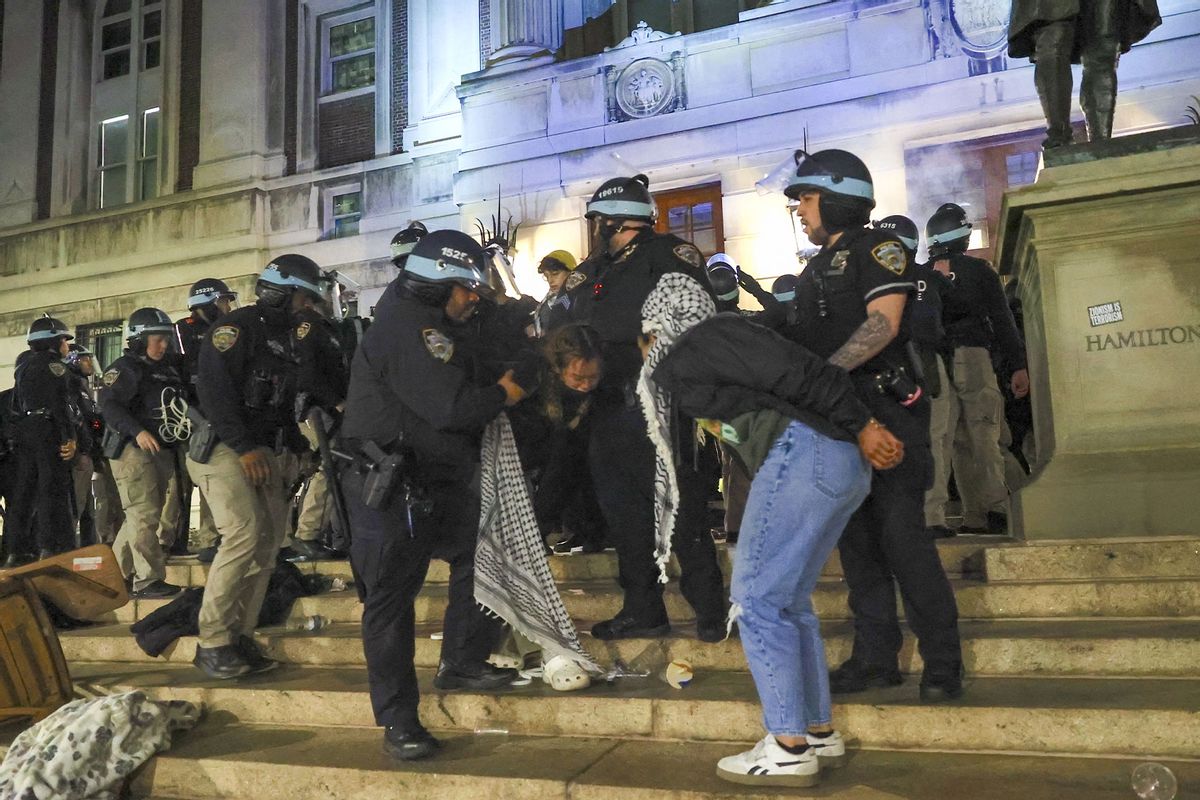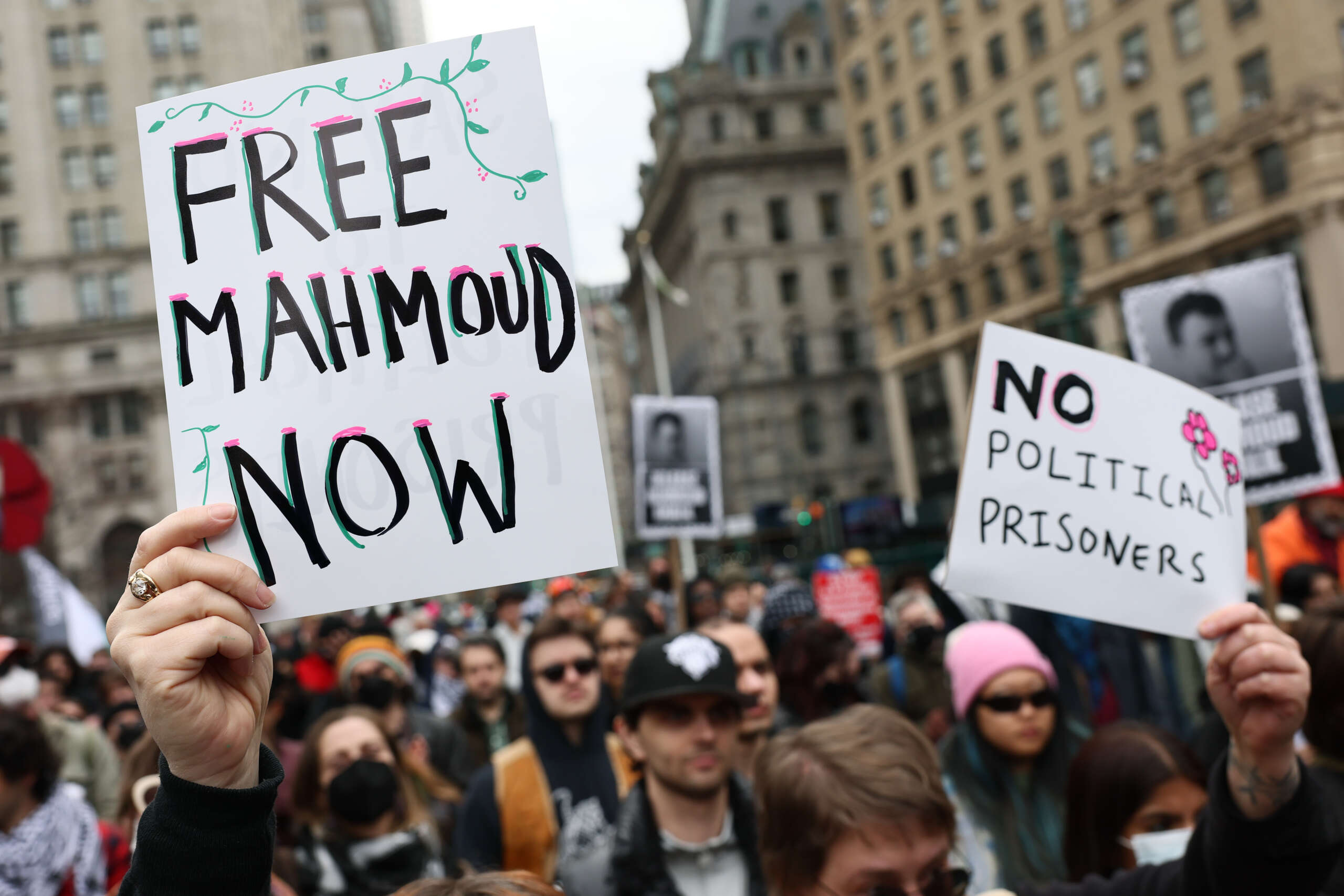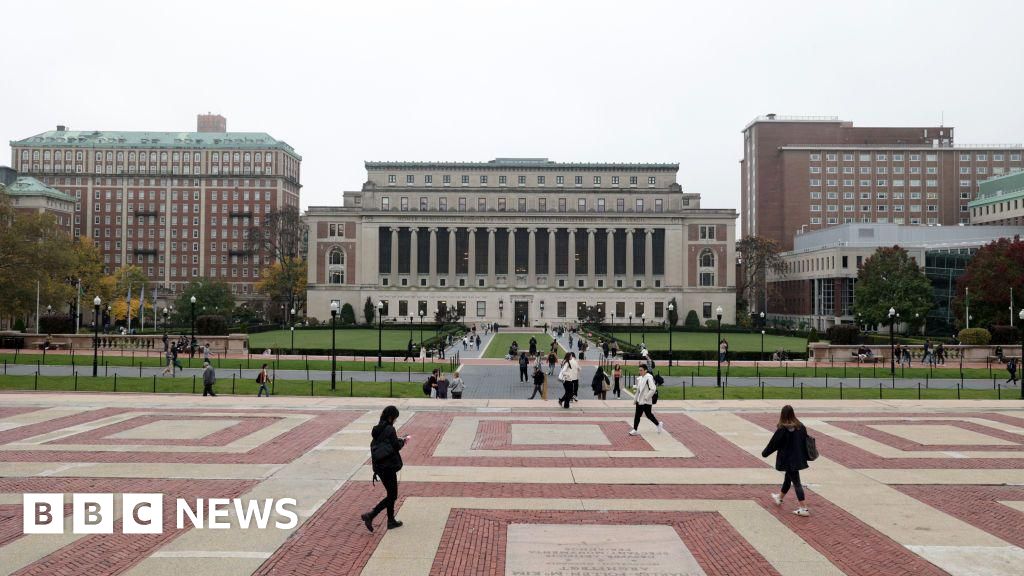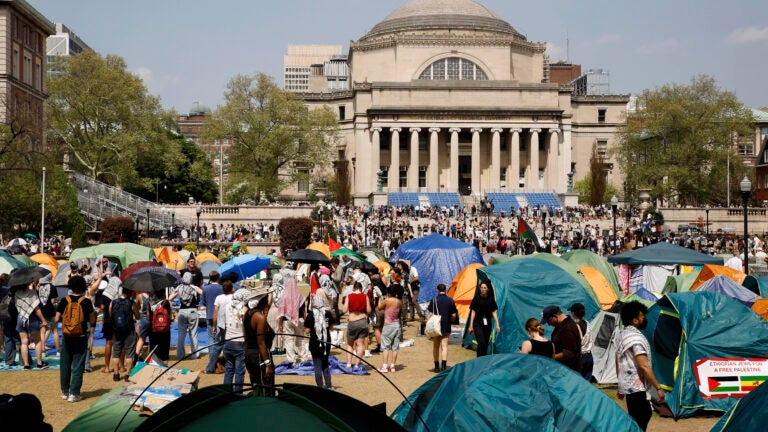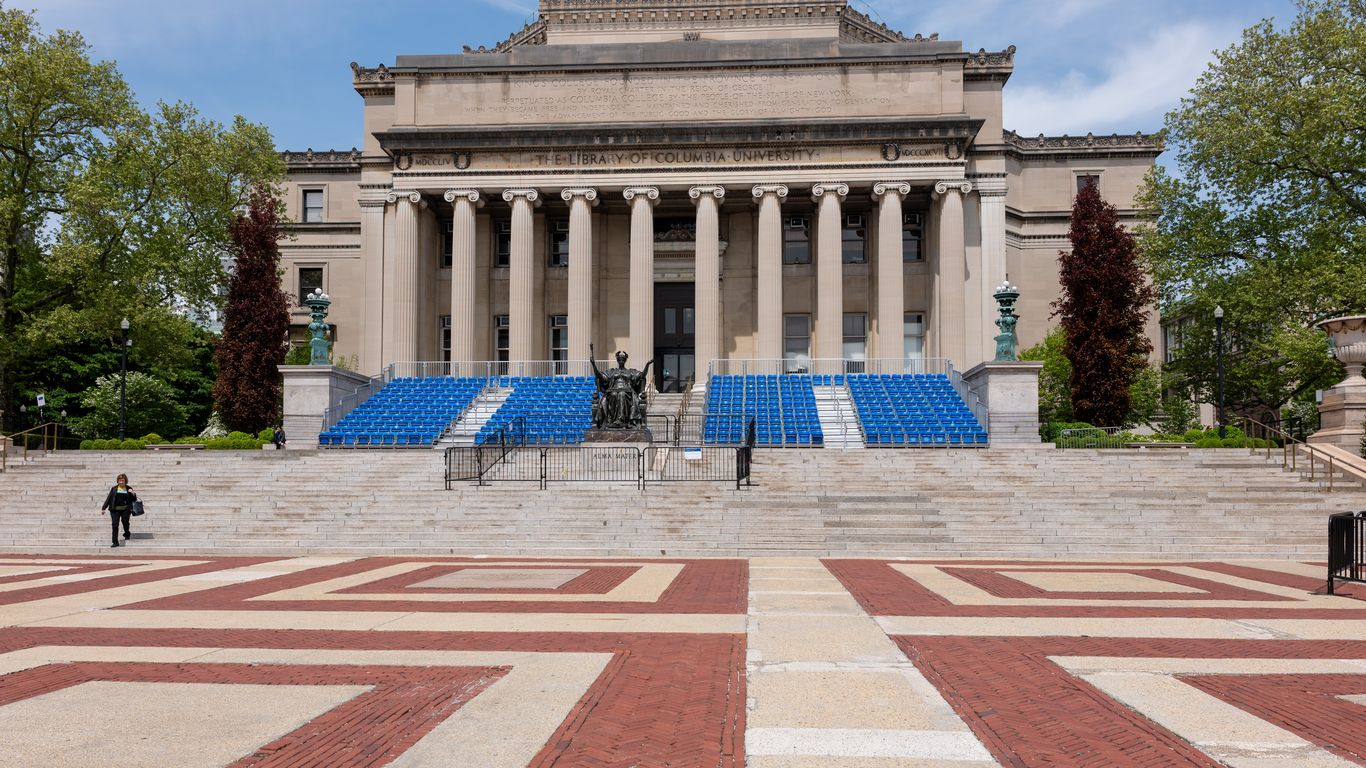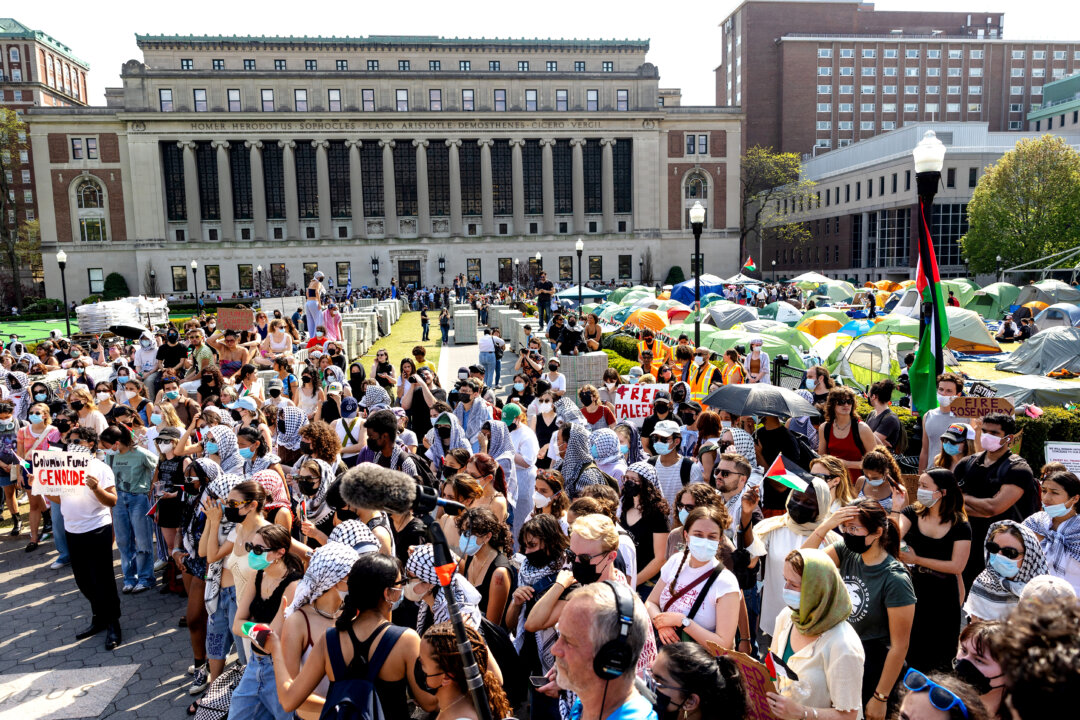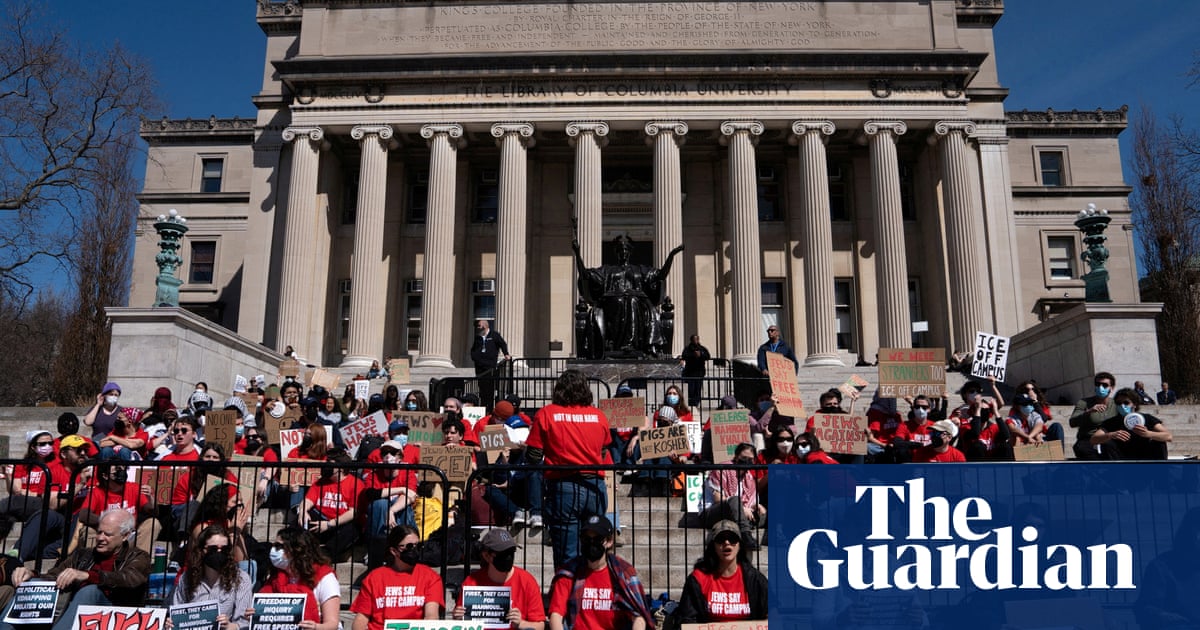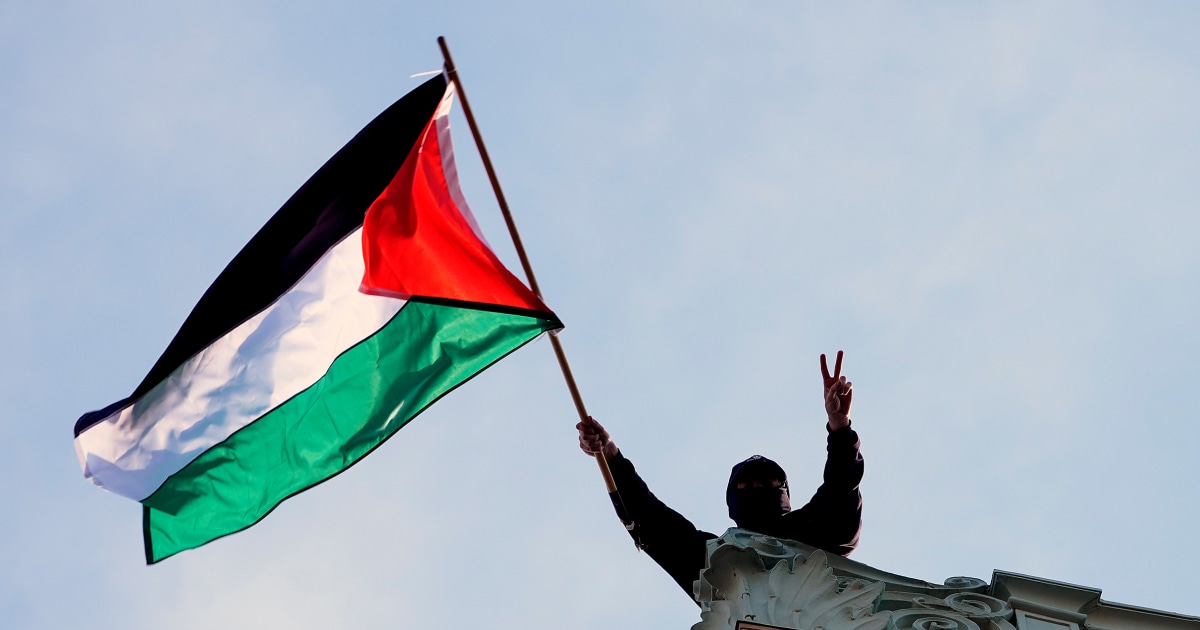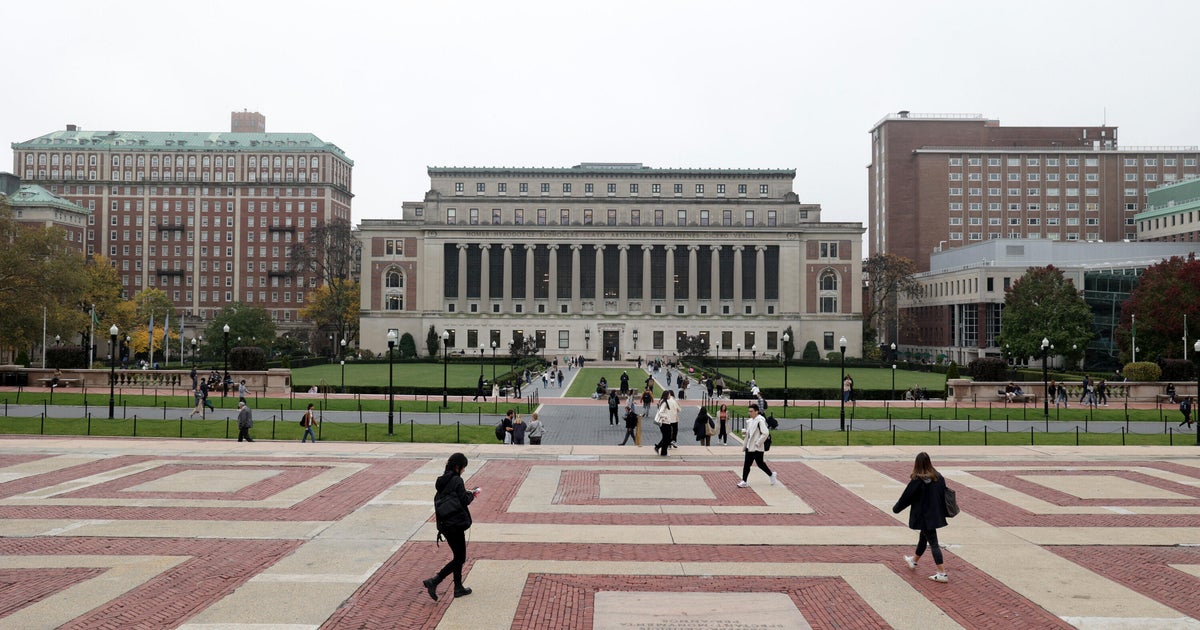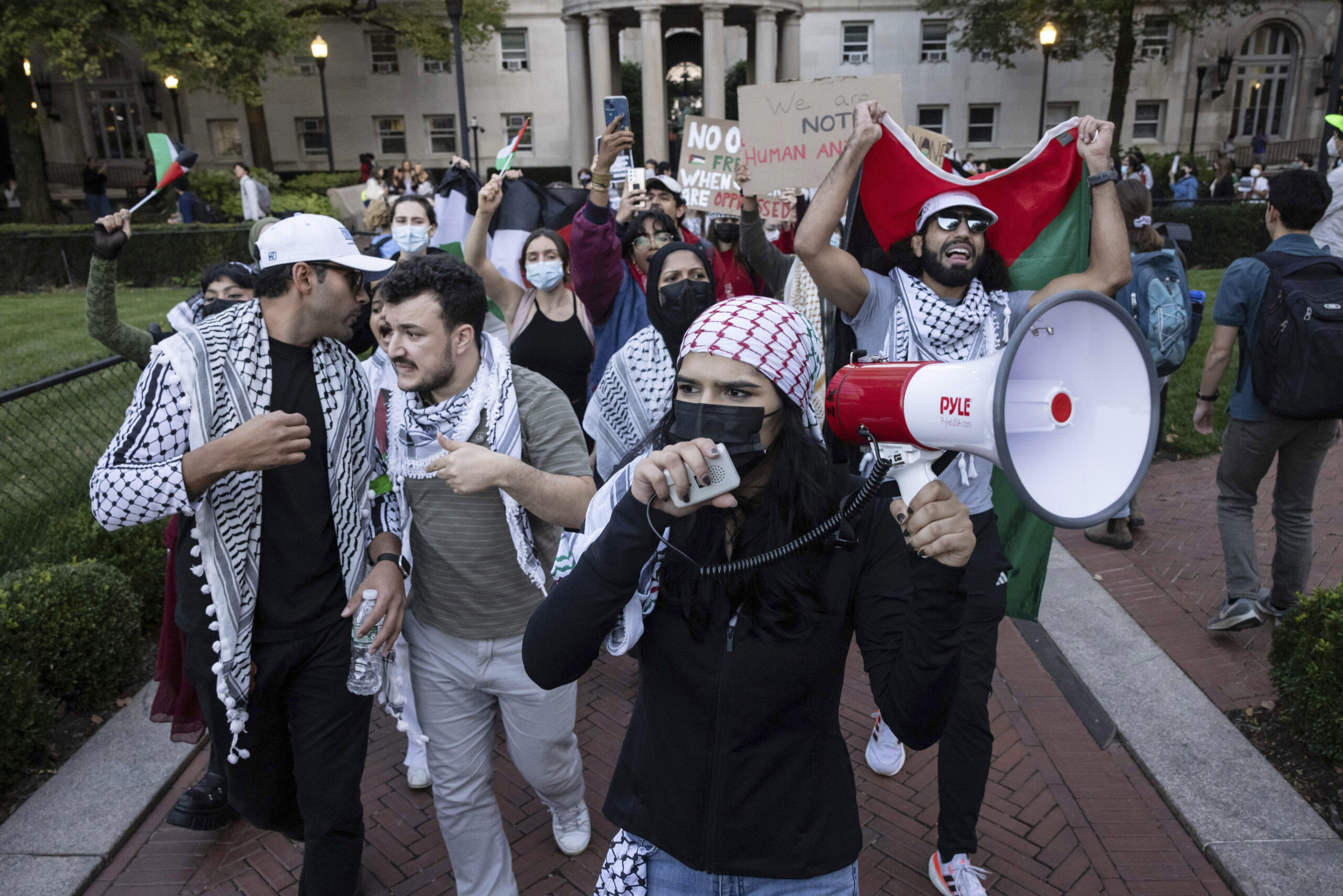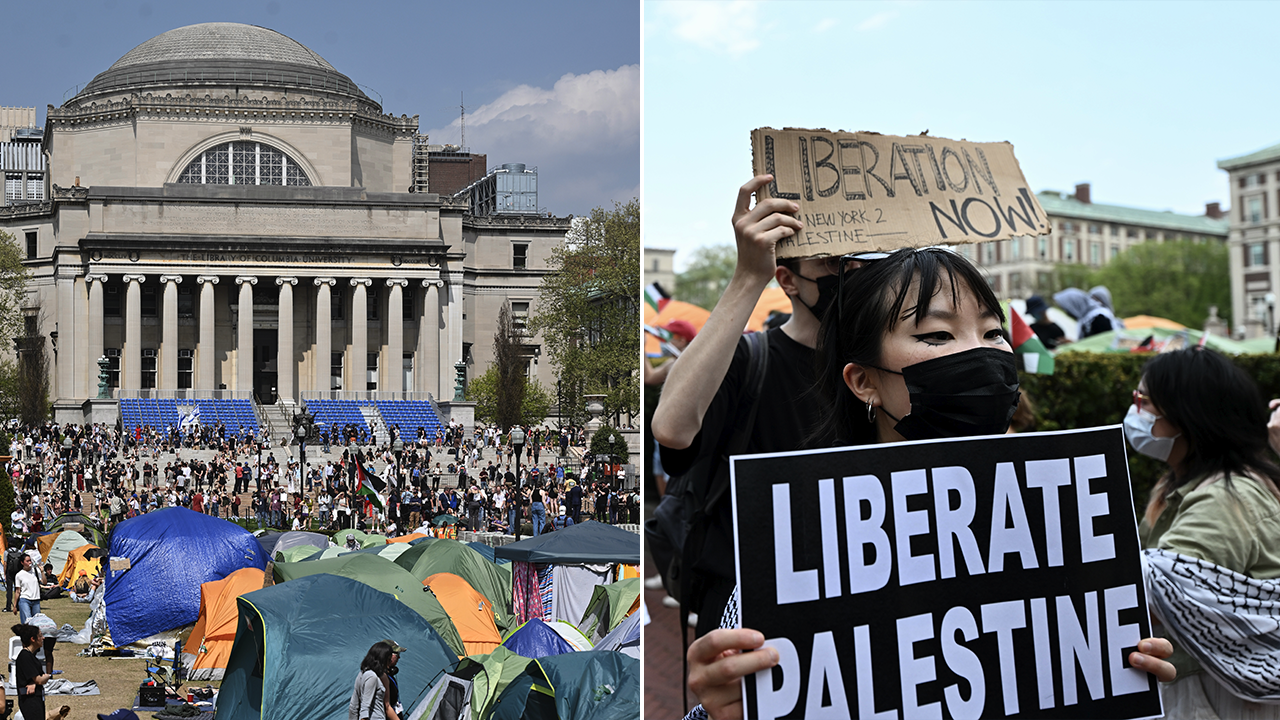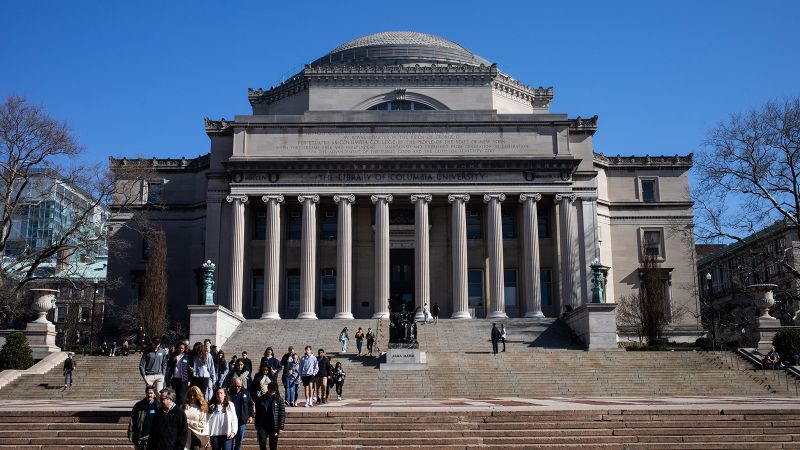Columbia University Implements Stringent New Policies Amid $400 Million Funding Controversy
Columbia University has enacted new measures to address antisemitism and in response to federal funding cuts, amid ongoing tensions regarding academic freedom.
Subscribe to unlock this story
We really don't like cutting you off, but you've reached your monthly limit. At just $5/month, subscriptions are how we keep this project going. Start your free 7-day trial today!
Get StartedHave an account? Sign in
Overview
Columbia University has introduced stringent policies, including a ban on face masks and increased oversight of its Middle Eastern studies department, in response to the Trump administration’s withdrawal of $400 million in funding due to alleged inaction on antisemitism. Interim President Katrina Armstrong announced a review of admissions and greater policing of campus protests. This comes amid the high-profile arrest of activist Mahmoud Khalil, raising concerns about the criminalization of political protest. Activists warn of dangerous precedents for academic freedom as the Trump administration pressures universities to comply with new mandates.
Report issue

Read both sides in 5 minutes each day
Analysis
Analysis unavailable for this viewpoint.
Articles (21)
Center (7)
FAQ
Columbia University implemented these policies in response to the Trump administration's withdrawal of $400 million in funding due to concerns over the university's handling of antisemitism and protests related to Israel's military actions.
Columbia will conduct an immediate review of its Middle Eastern studies department and has been instructed to place it under 'academic receivership' for at least five years.
Columbia plans to address antisemitism by adopting a new definition of antisemitism, expanding programming at its Tel Aviv Center, and implementing mandatory Title VI training for all students.
The policy changes have raised concerns about academic freedom, with critics arguing that they set a dangerous precedent by allowing external pressures to influence university policies and potentially restrict free speech and protest.
History
- 6M

 4 articles
4 articles
- 6M

 6 articles
6 articles

